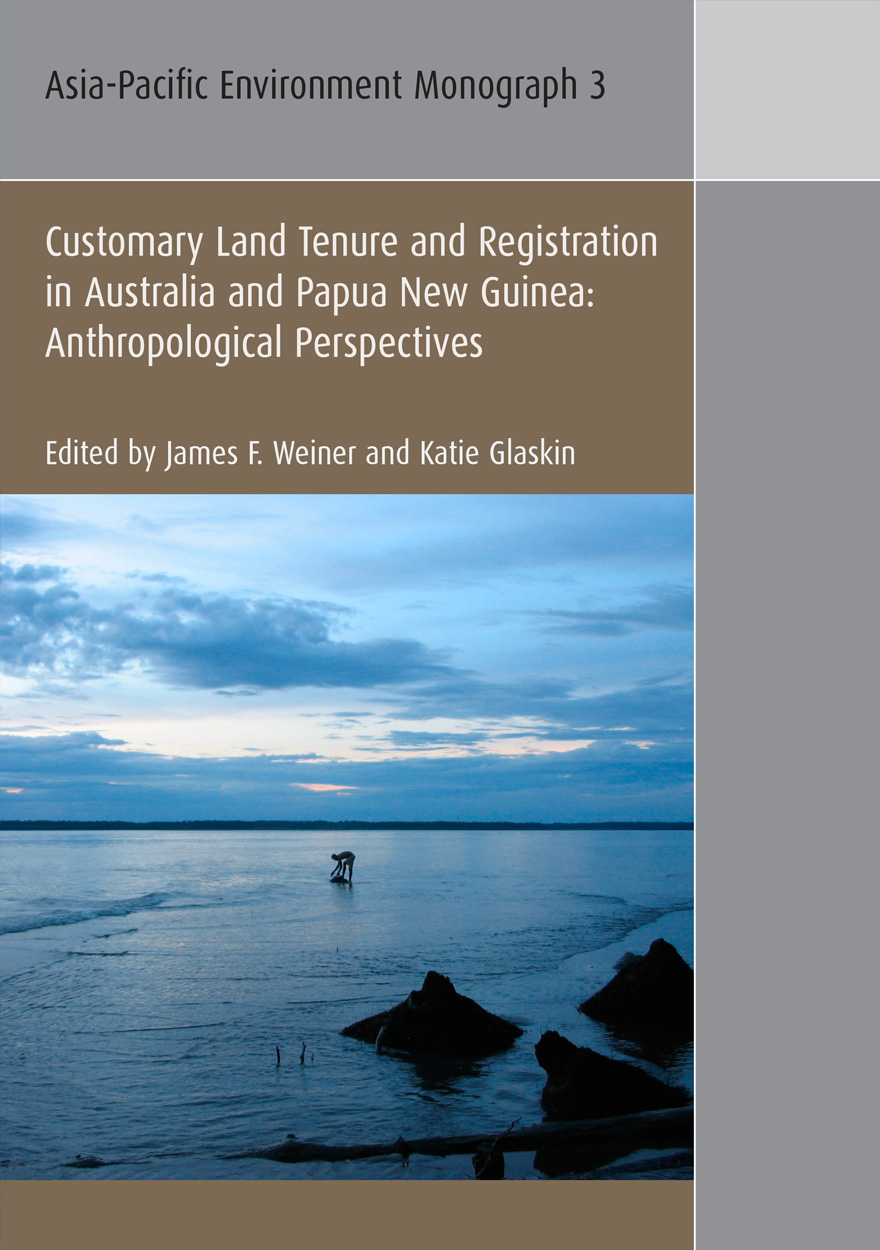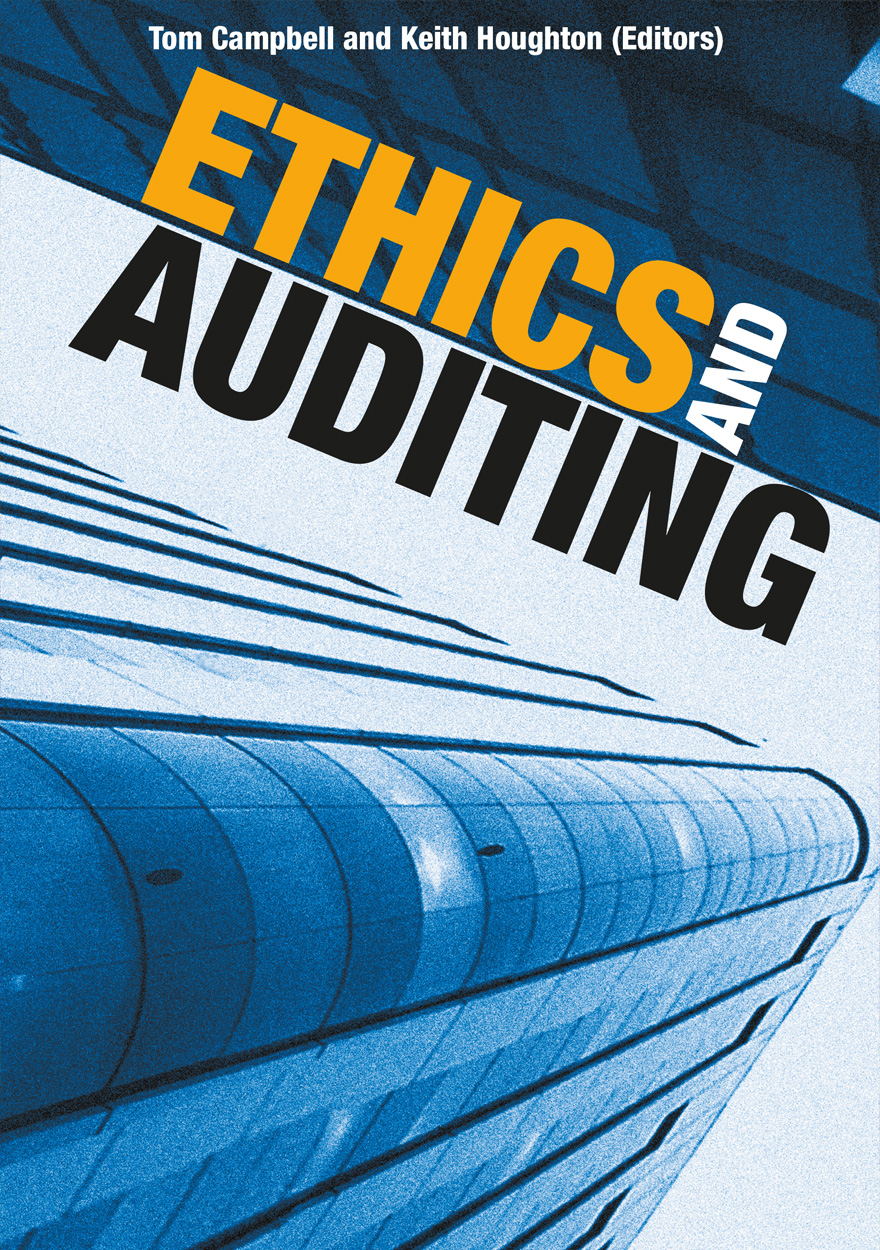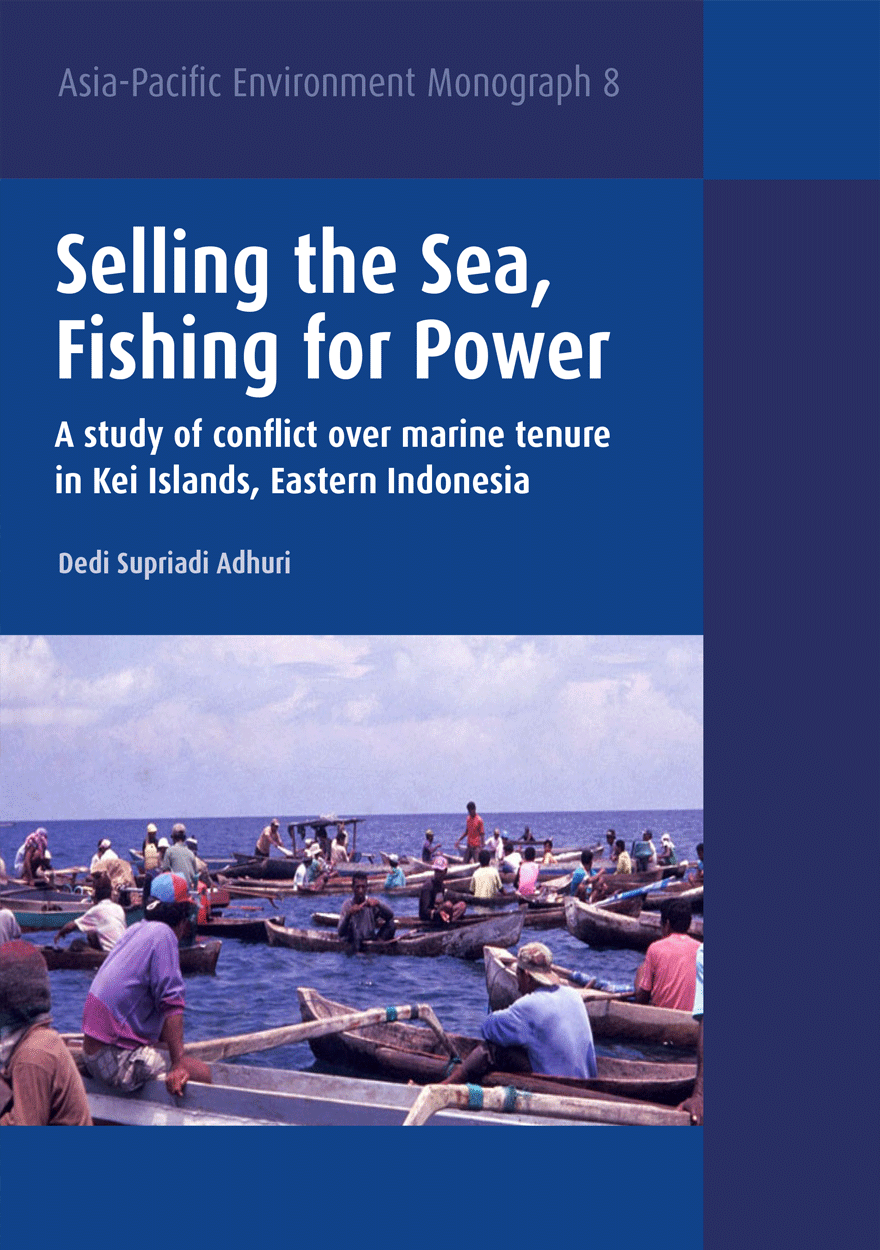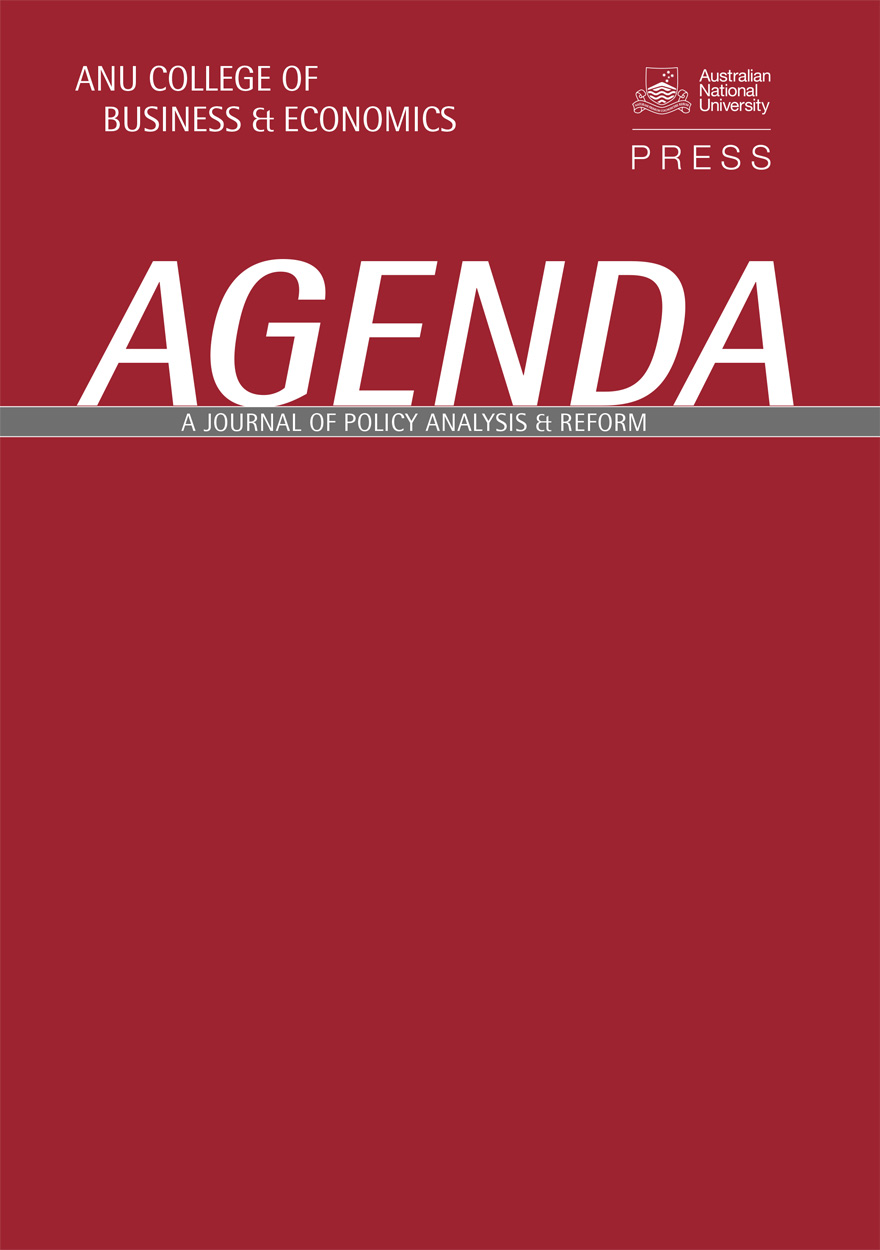Search titles
Displaying results 21 to 30 of 127.

Customary Land Tenure & Registration in Australia and Papua New Guinea »
Anthropological Perspectives
Edited by: James Weiner, Katie Glaskin
Publication date: June 2007
The main theme of this volume is a discussion of the ways in which legal mechanisms, such as the Land Groups Incorporation Act (1974) in PNG, and the Native Title Act (1993) in Australia, do not, as they purport, serve merely to identify and register already-existing customary indigenous landowning groups in these countries. Because the legislation is an integral part of the way in which indigenous people are defined and managed in relation to the State, it serves to elicit particular responses in landowner organisation and self-identification on the part of indigenous people. These pieces of legislation actively contour the progressive evolution of landowner social, territorial and political organisation at all levels in these nation states. The contributors to this volume provide in-depth anthropological case studies of social structural and cultural transformations engendered by the confrontation between states, developers and indigenous communities over rights to customarily owned land.

Ethics and Auditing »
Edited by: Tom Campbell, Keith Houghton
Publication date: June 2005
Ethics and Auditing examines ethical challenges exposed by recent accounting and auditing ‘lapses’ through a study of interconnected moral, legal and accounting issues. The book aims to engage a broad readership in the discussion of audit failure and reform.
With its range of intellectual and practical perspectives, Ethics and Auditing provides critical analyses of auditor independence, conflicts of interest, self-regulation, the setting and enforcing of auditing standards, and ethics education.

Law's Anthropology »
From ethnography to expert testimony in native title
Authored by: Paul Burke
Publication date: November 2011
Anthropologists have been appearing as key expert witnesses in native title claims for over 20 years. Until now, however, there has been no theoretically-informed, detailed investigation of how the expert testimony of anthropologists is formed and how it is received by judges. This book examines the structure and habitus of both the field of anthropology and the juridical field and how they have interacted in four cases, including the original hearing in the Mabo case. The analysis of background material has been supplemented by interviews with the key protagonists in each case. This allows the reader a unique, insider’s perspective of the courtroom drama that unfolds in each case. The book asks, given the available ethnographic research, how will the anthropologist reconstruct it in a way that is relevant to the legal doctrine of native title when that doctrine gives a wide leeway for interpretation on the critical questions: what is the relevant grouping, what can be counted as a traditional law and when has there been too much change of tradition? How will such evidence be received by judges who are becoming increasingly sceptical about experts tailoring their evidence to suit the party which called them? This book answers these questions by assuming that there is more at stake here than the mere performance of roles. Rather, there is a complex interaction of distinct social fields each with its own habitus, and individual actors are engaged in an active and constructive agency, however subtle, which the painstaking research for this book uncovers.

Rule of Law, Legitimate Governance & Development in the Pacific »
Authored by: Iutisone Salevao
Publication date: December 2005
The notion that the rule of law embodies or guarantees all the essential requirements for a perfectly just society is extravagant and naïve. Nonetheless, the rule of law remains an essential human virtue whose usefulness the world has yet to outgrow. Using the rule of law as a mobilising theme, this book recasts Western theories of law, good governance and development in a Pacific perspective. While Iutisone Salevao works primarily within a legal analytical framework, he employs a multifaceted approach to address the challenge of making Western theories relevant to the concrete and normative contexts of the Pacific peoples, and to accommodate Pacific values, ideologies, structures and practices within the modern discourse on law.

Selling the Sea, Fishing for Power »
A study of conflict over marine tenure in Kei Islands, Eastern Indonesia
Authored by: Dedi Supriadi Adhuri
Publication date: March 2013
By analysing various conflicts, this book discusses the social, political, economic and legal attributes that are attached to the practice of traditional (communal) marine tenure. Selling the Sea pushes the discourse beyond the conventional approach which looks at marine tenure only as a means of resource management, and offers a more comprehensive understanding of what marine tenure is. For those working in the areas of marine resource management and fisheries, this book is a critical but also complementary reading to the conventional discourse on the issue.

Sex Discrimination in Uncertain Times »
Edited by: Margaret Thornton
Publication date: September 2010
This collection of essays arose from a conference held to mark the silver anniversary of the Australian Sex Discrimination Act (1984). The collection has two aims: first; to honour the contributions of both the spirited individuals who valiantly fought for the enactment of the legislation against the odds, and those who championed the new law once it was passed; secondly, to present a stock-take of the Act within the changed socio-political environment of the 21st century.
The contributors present clear-eyed appraisals of the legislation, in addition to considering new forms of legal regulation, such as Equality Act, and the significance of a Human Rights Act. The introduction of a proactive model, which would impose positive duties on organisations, is explored as an alternative to the existing individual complaint-based model of legislation. The contributors also pay attention to the international human rights framework, particularly the Convention on the Elimination of all Forms of Discrimination against Women and the UN Declaration on the Rights of Indigenous People. The essays are illuminated by recourse to a rich vein of historical and contemporary literature. Regard is also paid to the comparative experience of other jurisdictions, particularly the UK and Canada.

Timor-Leste's Bill of Rights »
A Preliminary History
Authored by: Annemarie Devereux
Publication date: May 2015
The Constitution of the Democratic Republic of Timor-Leste of 2002 contains over 40 human rights provisions in its Bill of Rights. In addition to providing an overview of the process leading up to the adoption of the Constitution, this book brings together information relating to each section of the Bill of Rights, presenting:
progressive texts produced during the process of the Constituent Assembly;
highlights of the arguments put forward within the Constituent Assembly concerning the draft provisions, including alternative proposals advanced;
submissions made by Timorese officials, civil society and international bodies; and
the results of consultation with the broader community before and during the constitutional process.
It is designed to be useful in particular to judges and legal practitioners called upon to interpret the Constitution, government officials and civil society actors involved in human rights work, as well as students of history and constitutional law in Timor-Leste and internationally.

Working Together in Vanuatu »
Research Histories, Collaborations, Projects and Reflections
Edited by: John Taylor, Nick Thieberger
Publication date: October 2011
This collection is derived from a conference held at the Vanuatu National Museum and Cultural Centre (VCC) that brought together a large gathering of foreign and indigenous researchers to discuss diverse perspectives relating to the unique program of social, political and historical research and management that has been fostered in that island nation. While not diminishing the importance of individual or sole-authored methodologies, project-centered collaborative approaches have today become a defining characteristic of Vanuatu’s unique research environment. As this volume attests, this environment has included a dynamically wide range of both ni-Vanuatu and foreign researchers and related research perspectives, most centrally including archaeologists and anthropologists, linguists, historians, legal studies scholars and development practitioners. This emphasis on collaboration has emerged from an ongoing awareness across Vanuatu’s research community of the need for trained researchers to engage directly with pressing social and ethical concerns, and out of the proven fact that it is not just from the outcomes of research that communities or individuals may be empowered, but also through their modes and processes of implementation, as through the ongoing strength and value of the relationships they produce. With this in mind, the papers presented here go beyond the mere celebration of collaboration by demonstrating Vanuatu’s specific environment of cross-cultural research as a diffuse set of historically emergent methodological approaches, and by showing how these work in actual practice.

Agenda - A Journal of Policy Analysis and Reform: Volume 13, Number 1, 2006 »
Publication date: April 2007
Agenda is a refereed, ECONLIT-indexed and RePEc-listed journal of the College of Business and Economics, The Australian National University. Launched in 1994, Agenda provides a forum for debate on public policy, mainly (but not exclusively) in Australia and New Zealand. It deals largely with economic issues but gives space to social and legal policy and also to the moral and philosophical foundations and implications of policy.
Subscribe to the Agenda Alerting service if you wish to be advised on forthcoming or new issues.
Download for free
Not available for purchase

Agenda - A Journal of Policy Analysis and Reform: Volume 13, Number 2, 2006 »
Publication date: April 2007
Agenda is a refereed, ECONLIT-indexed and RePEc-listed journal of the College of Business and Economics, The Australian National University. Launched in 1994, Agenda provides a forum for debate on public policy, mainly (but not exclusively) in Australia and New Zealand. It deals largely with economic issues but gives space to social and legal policy and also to the moral and philosophical foundations and implications of policy.
Subscribe to the Agenda Alerting service if you wish to be advised on forthcoming or new issues.
Download for free
Not available for purchase



